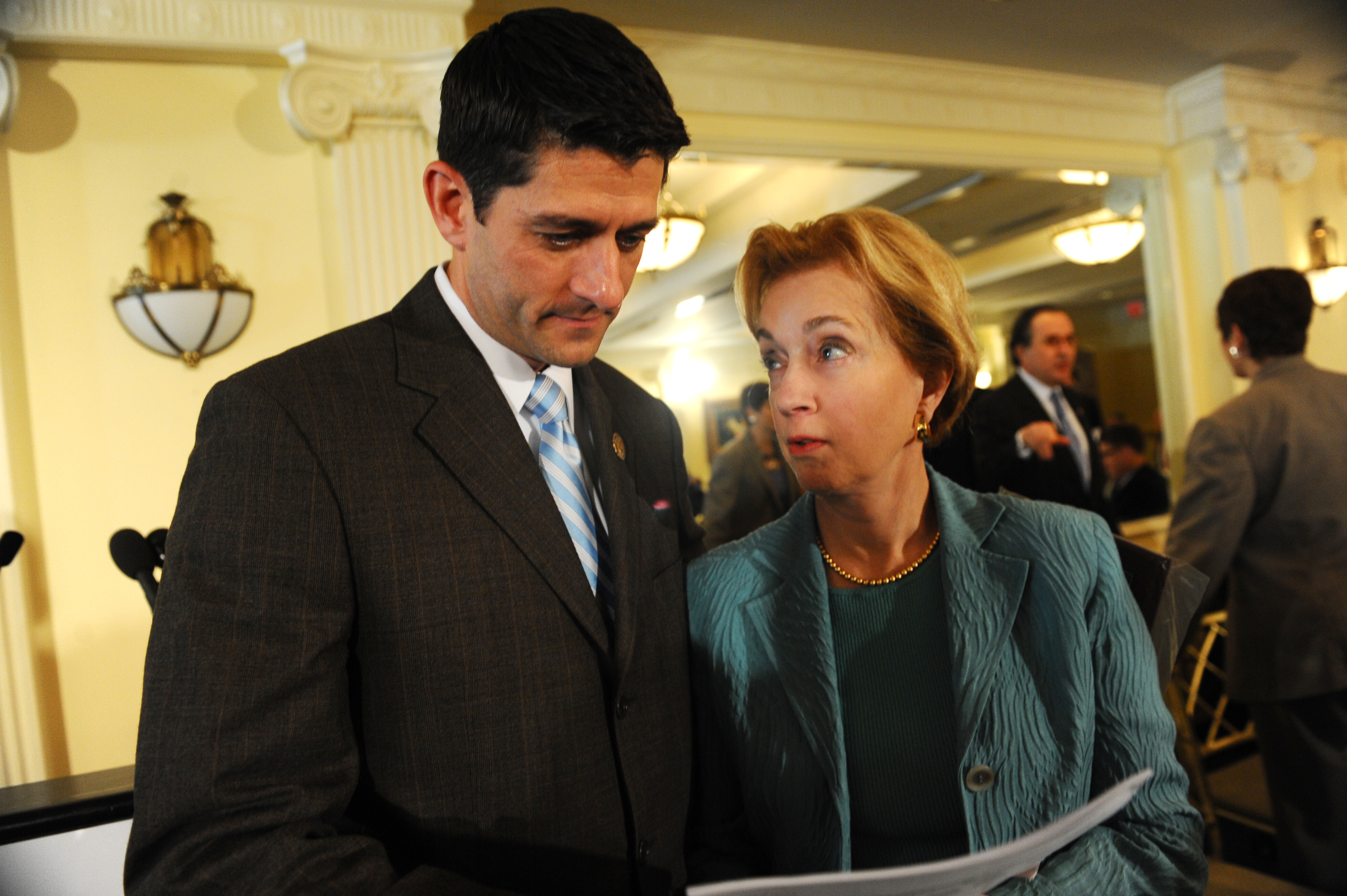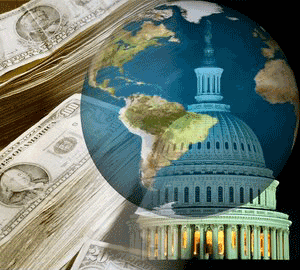The Economic Impact of a German Nuclear Plant Shutdown

What will Chancellor Angela Merkel’s decision to phase out nuclear power plants by 2022 mean for Germany’s economic future? ACCF’s Brussel-based affiliate, the International Council for Capital Formation, sponsored an analysis in 2005, “Kyoto Protocol and Beyond: The Economic Cost to Germany”, prepared by Global Insight (now IHS Global Insight). See comparison of Exhibit 11 with Exhibit 16 below which shows how many more jobs and GDP will be lost if Germany phases out nuclear power by 2020. Germany’s current emission reduction target is 80% to 96% by 2050 which is close to the case run in the 2005 study assuming their target would be zero emissions by 2050. If Germany phases out its nuclear power by 2020 and tries to reduce CO2 to zero by 2050 (their current emission reduction target), the ICCF analysis shows that there will be additional 130,000 jobs lost in 2020 and an additional 120,000 lost in 2025 compared to the case where nuclear power is retained as part of the generation fleet. GDP will also decline by about 10 billion real euros more in 2020 and 2025 when nuclear power is phased out compared the case where it is retained.










